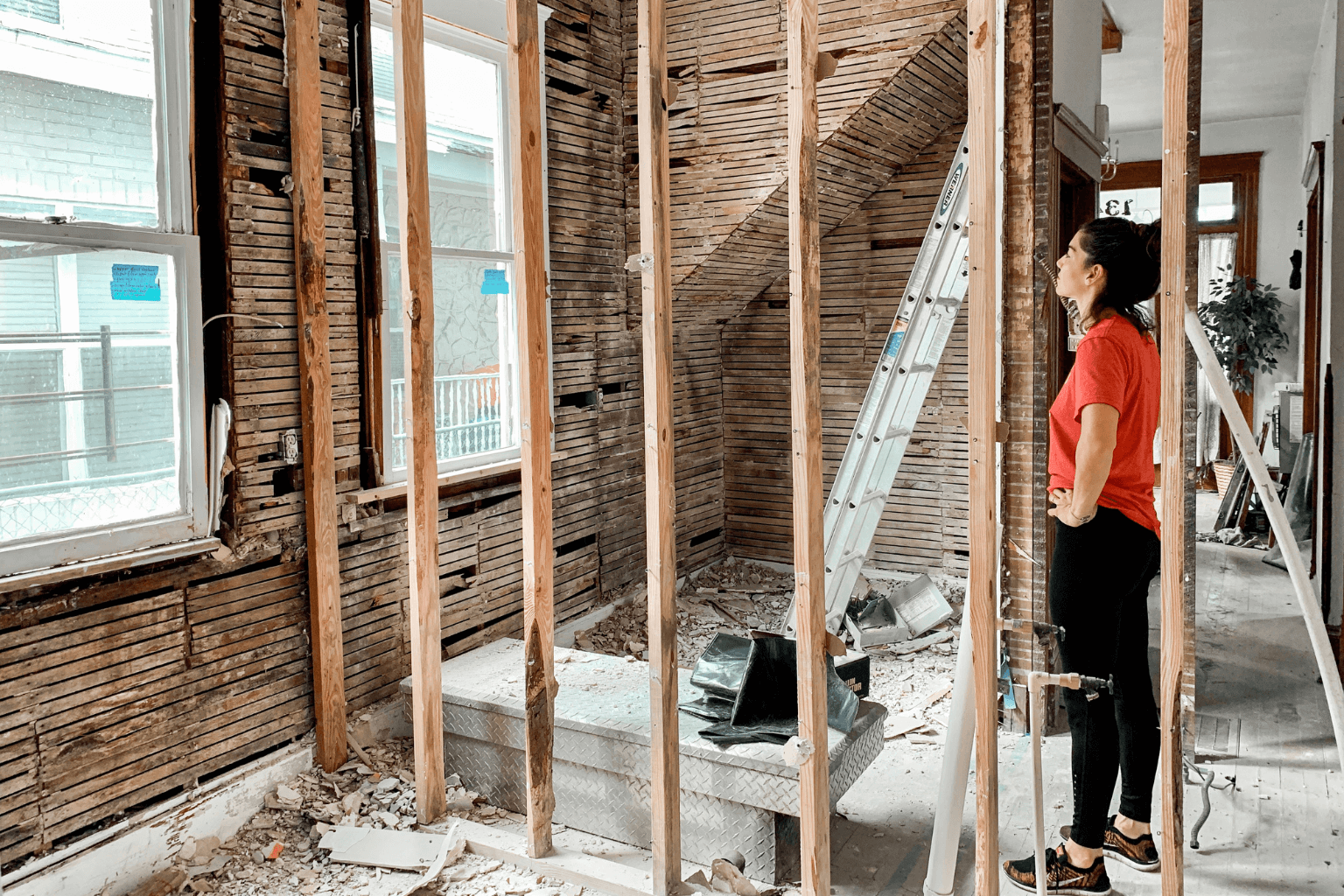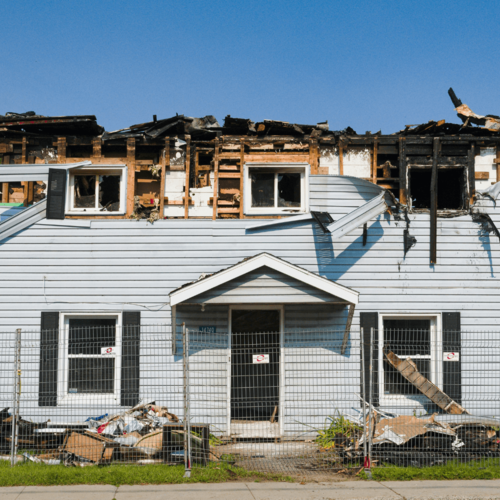Smart Strategies for Selling a Home As-Is Without Costly Fixes
Selling a house that needs major repairs might seem harsh, but it’s possible with the right approach. Whether your home has structural problems, outdated systems, or visible damage, you can still find the right buyer. In this guide, you'll learn how to sell a house that needs significant repairs by understanding your home's condition, choosing repair strategies, setting a smart price, and using targeted marketing to show off its potential.
Assess Your Home’s Condition First
Before anything else, get a complete picture of your home’s current state.
Schedule a Professional Home Inspection
A home inspection helps you understand what major issues exist, like roof damage, plumbing problems, or foundation cracks. Knowing this enables you to prepare for buyer questions and determine whether to make repairs or sell the property as-is.
Get Repair Estimates from Contractors
Ask licensed contractors for written estimates. This gives you a better idea of what the repairs would cost. You can use these numbers when negotiating with buyers or deciding how to price the home.

Decide Whether to Repair or Sell As-Is
Deciding whether to renovate your home or sell it in its current condition depends on your budget, timeline, and local market conditions.
Evaluate Cost vs. Value
Think about which repairs will give you the most significant return. For example, fixing a leaky roof may help sell the home faster, while cosmetic updates may not be worthwhile.
If you're currently dealing with an active foreclosure, you may wonder what your options are. This helpful video explains more: Can I Sell My Home Even If It Is In Active Foreclosure?
Understand Buyer Expectations
In some markets, buyers are eager to find fixer-uppers with potential for renovation. In others, they want move-in-ready homes. Check local listings to understand what buyers expect in your area.
Hot Topic You Might Love: If you're enjoying this, don’t miss our latest post — Can I Sell a Condemned House As-Is? It’s getting attention and might surprise you.
Analyze Market Trends
If the market is hot, you may get strong offers even if your home needs work. But if buyers have more choices, making basic repairs could make your property stand out.

For insights on pricing and taxes involved in a significant home sale, check out this helpful resource on capital gains tax when selling in California.
How to Set the Right Price for a Fixer-Upper
One of the most essential parts of learning how to sell a house that needs major repairs is choosing the right price.
Research Similar Properties
Look at homes in similar condition in your area. This helps you set a fair price and avoid turning away buyers with unrealistic expectations.
According to Realtor.com, understanding buyer expectations and highlighting your home's upside can help turn flaws into selling points.
Factor in Repair Costs
Buyers will likely subtract the cost of repairs from your asking price. Ensure your price accurately reflects this reality.
Choose a Pricing Strategy
You can price low to attract cash buyers or price slightly higher to leave room for negotiation. A local real estate agent can help you choose the best route.

Highlight Your Home’s Potential
Even if your home needs repairs, it still has value, especially if you showcase what it could become.
Emphasize Renovation Potential
Use phrases like "perfect for investors" or "great opportunity for customization" to attract the right audience. Many buyers love the idea of fixing a home to match their vision.
Show Off Unique Features
Mention large yards, vintage charm, hardwood floors, or anything else that makes the property stand out.

Promote the Neighborhood
If your property is located in a desirable area, highlight local perks. For instance, Pleasanton, CA is known for great schools and family-friendly parks—features that add value even if the home itself needs work.
Marketing Tips to Sell a Fixer-Upper
Marketing plays a significant role when you’re trying to sell a house that needs major repairs.
Know Your Target Buyers
Your ideal buyers may be investors, flippers, or first-time buyers looking for a deal. Tailor your listing to speak to them.
Use Online Real Estate Platforms
List your home on major sites like Zillow, Redfin, or Realtor.com. Include clear photos—even of flaws—and be honest about its condition.
Create a Vision with Photos or Videos
If possible, add before-and-after renovation examples or digital staging to help buyers imagine the home’s full potential.

Work With an Experienced Real Estate Agent
You don’t have to handle everything alone. A good agent can make a huge difference.
Why Use a Professional?
Real estate agents with experience in fixer-upper homes or as-is sales know how to price your home, find the right buyers, and market it effectively.
What to Look For in an Agent
Find someone familiar with local market trends and experienced in selling homes in less-than-perfect condition. Ask for examples of past sales.

Conclusion
Selling a house that needs major repairs may seem overwhelming, but with the right plan, it’s doable. Start by learning what your home needs, deciding what repairs (if any) are worthwhile, and pricing them realistically. Then, highlight what makes your home special and use innovative marketing to attract renovation-minded buyers. When in doubt, team up with a real estate expert who understands your situation. With a bit of preparation, you can sell your fixer-upper and move on to your next chapter.





